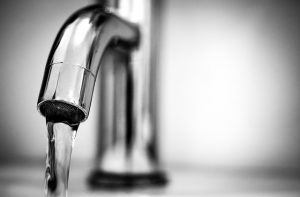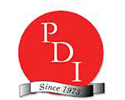 Behind oxygen, water is the most essential need for humans. We drink it every day and often without much thought. Many people have never considered the quality of their water to be a concern. If it’s clear and tastes okay, its fine. However, the eyes and tongue don’t catch everything. Why Should I Filter My Water? Research has shown that tap water can carry hundreds of different contaminants, often at unnoticeable levels. While drinking a glass of water contaminated at this level won’t harm you, over a lifetime, these contaminants can cause damage to your body.
Behind oxygen, water is the most essential need for humans. We drink it every day and often without much thought. Many people have never considered the quality of their water to be a concern. If it’s clear and tastes okay, its fine. However, the eyes and tongue don’t catch everything. Why Should I Filter My Water? Research has shown that tap water can carry hundreds of different contaminants, often at unnoticeable levels. While drinking a glass of water contaminated at this level won’t harm you, over a lifetime, these contaminants can cause damage to your body.
Why Should I Filter My Water?
EWG states that tap water can contain “a dose of industrial or agricultural contaminants linked to cancer, brain and nervous system damage, developmental defects, fertility problems or hormone disruption.” While the EPA regulates the level of many of these contaminants, there are many not regulated. Even the water from the best water treatment facility must travel through miles of pipes to reach your home. Water en route can come into contact with various different pollutants and organisms. The best way to ensure the best water quality for your home is to filter as close to the source as possible.
Unfortunately, there is not one catch-all filter. It is important to have your water tested so you know which filter you need. As a start, you can visit EWG’s Tap Water Database, or contact your local health department. Metro Water Filter also offers both on-site and off-site (more in-depth) testing. Depending on your water source, a professional will know what to test for and what kind of filter will be best for your water.
As one of our most basic and frequent needs, water should be as clean as possible. While the EPA and national water system do a good job providing drinkable water, home specific filtration is the best way to provide location specific solutions and ensure the cleanest water.
































No comments yet. You should be kind and add one!
The comments are closed.